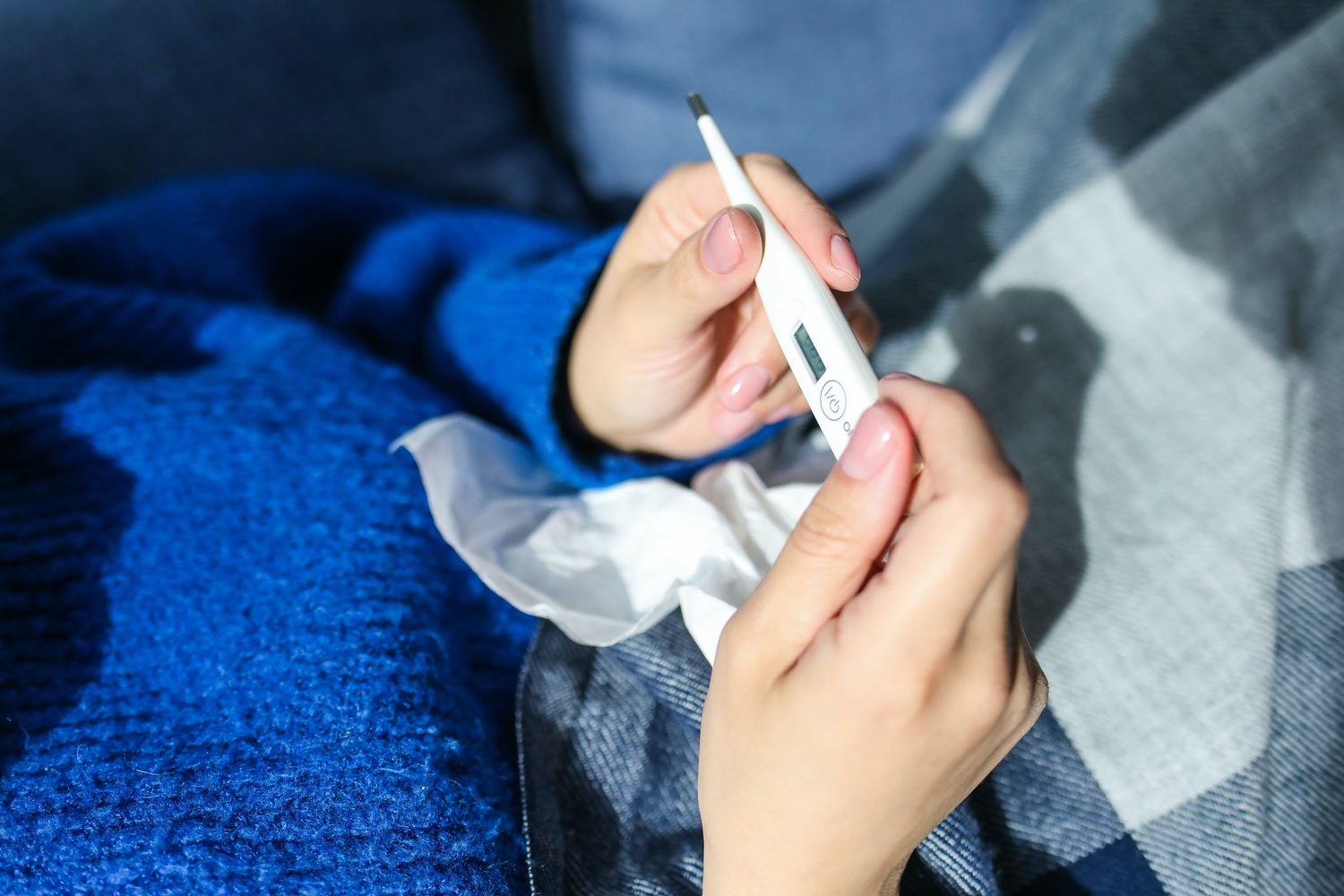Viruses that easily pass from person to person, by droplets in the air or on surfaces, are what cause colds and the flu. Your immune system may be weakened if you have diabetes, making it more difficult for your body to fight against infections. Also, having high blood sugar levels might make it easier for bacteria and viruses to flourish, raising your risk of problems. Thus, it’s crucial to take extra care to be healthy and to successfully manage your symptoms if you do contract a cold or the flu.
Best practices for managing colds and flu with diabetes

- Monitor your blood sugar levels closely: When you’re sick, your blood sugar levels can fluctuate more than usual. It’s important to check your levels frequently and adjust your insulin or other medications as needed.
- Stay hydrated: Drinking plenty of fluids can help keep you hydrated and flush out toxins from your body. Aim for at least 8-10 glasses of water per day, and consider drinking warm fluids like tea or broth to soothe a sore throat.
- Get plenty of rest: Rest is crucial when you’re fighting off an illness. Make sure to get enough sleep each night, and take it easy during the day if you’re feeling tired or weak.
- Follow your diabetes management plan: Stick to your regular routine for managing your diabetes, including taking your medications, monitoring your blood sugar, and following your meal plan. If you’re having trouble eating due to nausea or vomiting, talk to your doctor about alternative options.
- Avoid over-the-counter cold and flu medications that contain sugar: Some over-the-counter cold and flu medications can raise your blood sugar levels, so it’s important to read labels carefully. Look for sugar-free options or ask your doctor for recommendations.
- Stay in touch with your healthcare team: If you’re not feeling well, make sure to contact your healthcare team for guidance. They can help you adjust your diabetes management plan and provide additional support as needed.
Ways to avoid getting sick:

- Wash your hands frequently: Regular hand washing is one of the most effective ways to prevent the spread of germs. Use soap and warm water, and scrub your hands for at least 20 seconds.
- Get vaccinated: Annual flu shots can help prevent the flu, and other vaccines like the pneumonia vaccine can also help protect you from related illnesses.
- Avoid close contact with sick people: If someone you know is sick, try to avoid close contact with them until they’re feeling better.
- Practice good hygiene: Cover your mouth and nose when you cough or sneeze, and avoid touching your face. If you’re sick, stay home from work or school to avoid spreading the illness to others.
- Stay healthy overall: Maintaining good overall health can help strengthen your immune system and reduce your risk of getting sick. This includes eating a healthy diet, exercising regularly, and getting enough sleep.

Become a diabadass!
Join our weekly newsletter and learn
all the tips and tricks.
People with diabetes are especially vulnerable to the dangers of colds and the flu, but there are things you can do to control your symptoms and avoid getting sick in the first place. You may maintain your health even when you’re feeling under the weather by constantly monitoring your blood sugar levels, staying hydrated, getting enough of rest, and adhering to your diabetes management plan. Additionally, you may lower your risk of getting sick and safeguard yourself from any problems by maintaining proper cleanliness, being vaccinated, and generally maintaining good health. Make sure to discuss any worries you may have with your healthcare team for advice and support if you have diabetes and are worried about managing colds and the flu.



